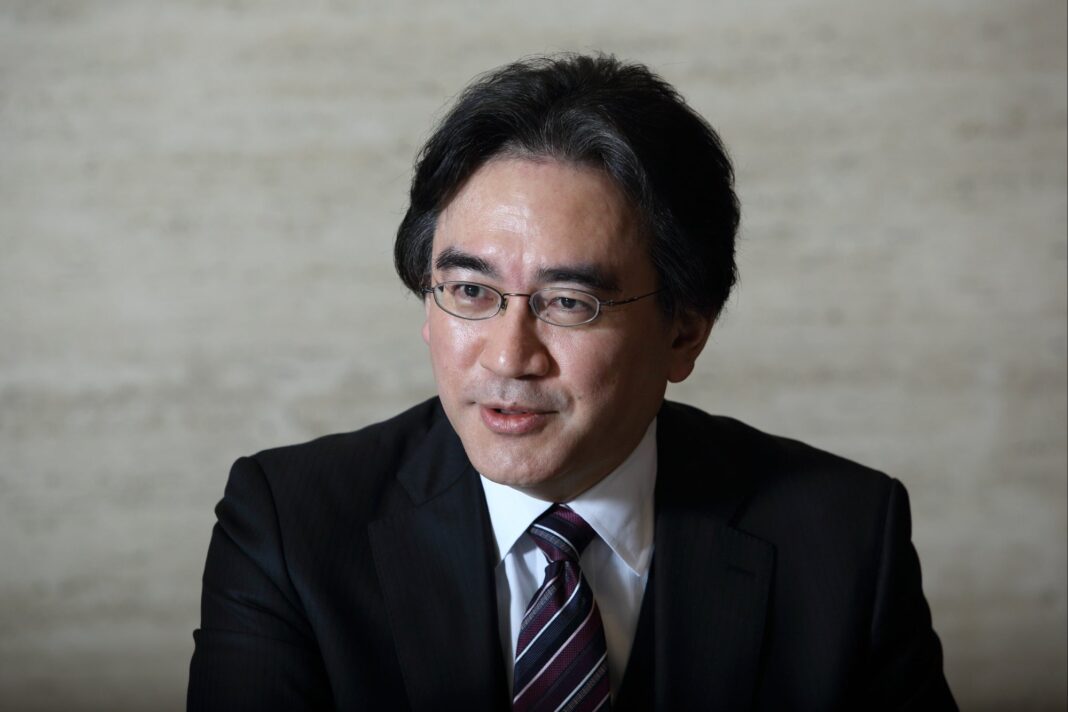On Tuesday, Sony announced layoffs that will impact 900 jobs in its PlayStation division, or about 8% of the unit’s staff worldwide. The move follows other video game layoffs this year, such as Microsoft’s decision to let go of 2,000 people in its gaming division and Unity Software’s “company reset” which involved eliminating 25% of its workforce.
In the face of layoffs, some employees are asking why some CEOs don’t take pay cuts, similar to what former Nintendo CEO Satoru Iwata did in 2013 when he took a 50% pay decrease to avoid layoffs.
Related: Snap Inc. to Cut 10% of Total Global Workforce in ‘Difficult Decision to Restructure’
Iwata stated at the time that even though “some employers publicize their restructuring plan to improve their financial performance by letting a number of their employees go” he decided not to do that because “at Nintendo, employees make valuable contributions in their respective fields, so I believe that laying off a group of employees will not help to strengthen Nintendo’s business in the long run.”
 Satoru Iwata, former president of Nintendo Co., speaks during an interview in Tokyo, Japan, on Thursday, May 8, 2014. Credit: Tomohiro Ohsumi/Bloomberg via Getty Images
Satoru Iwata, former president of Nintendo Co., speaks during an interview in Tokyo, Japan, on Thursday, May 8, 2014. Credit: Tomohiro Ohsumi/Bloomberg via Getty Images
Some CEOs have already followed suit.
Zoom CEO Eric Yuan took a 98% pay decrease to his $301,731 salary last year and decided not to take his 2023 corporate bonus after the company laid off 15% of its team or around 1,300 people.
In a 2023 Resume Builder report, 66% of executives surveyed said that they took a salary cut in the last six months — 94% of which said it was to prevent or reduce layoffs.
Related: How Companies Decide Who To Lay Off
Still, salary isn’t the only means of compensation for a CEO, so some pay cuts aren’t as sacrificial as they seem. Yuan, for example, controls more than 13% of Zoom directly, according to Bloomberg, which places his fortune at an estimated $5 billion. And CEOs still make nearly 400 times as much as the average worker.
Here are two reasons CEOs might not decrease their salaries to avoid eliminating jobs:
1. The Math Doesn’t Add Up
CEOs who don’t take pay cuts might cite economic reasons. According to Chris Williams, a former VP of HR at Microsoft, some CEOs might believe that cutting their salaries in half wouldn’t make the same economic impact as laying off employees; the numbers wouldn’t balance out.
At companies like Google or Microsoft, eliminating 10,000 employees “saves them about a billion dollars a year in costs,” Williams wrote in Business Insider. “Cutting the CEO’s salary entirely would save just 0.2% of that.”
2. Companies Don’t Need To Retain Existing Talent
Iwata took a pay cut to keep morale high as Nintendo employees worked on the profitable Switch console, which came out in 2017.
Nintendo “needed to retain that talent,” executive coach Rohan Verma told CNBC, and a CEO who follows Iwata’s lead by taking a pay cut has to ensure that “the company’s strategy is still sound, or that the products they’re offering are still right for the market.”
